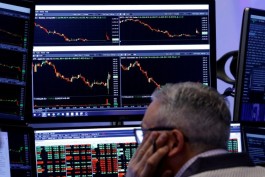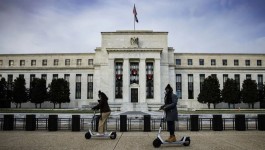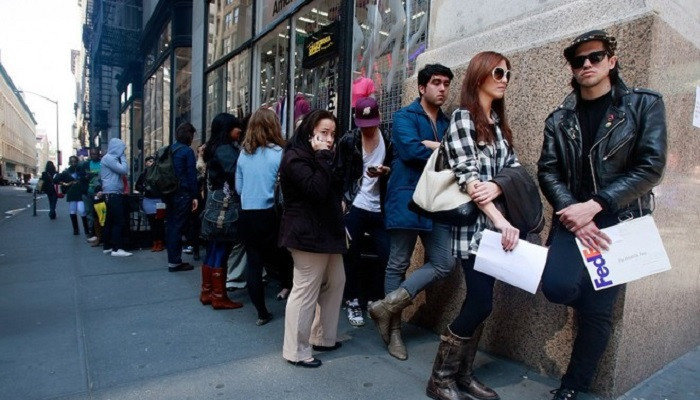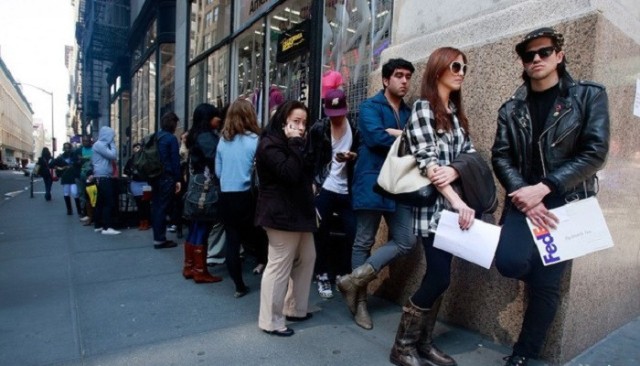The United States added fewer jobs than expected last September, complicating one of the Federal Reserve's most critical decisions about cutting monetary support before the end of the year.< /p>
According to a report by the National Bank of Kuwait seen by (Namazone), today, Sunday, only 194 thousand non-agricultural jobs were added during the past month, against expectations that indicated an increase About 500,000 jobs, the lowest growth rate recorded so far this year. The unemployment rate fell to 4.8%, although it was partly a reflection of lower labor force participation.
At the same time, average hourly earnings increased by 0.6% in September, the strongest monthly growth since April, which reflects companies' attempt to attract employment.
Currently, 5 million Americans remain unemployed compared to pre-pandemic levels. However, reopening schools and ending expanded federal unemployment benefits should lead to an acceleration of employment in the coming months.
In the meantime, there are still risks that this data will not meet the Federal Reserve's criteria for significant incremental progress to improve the labor market.
After last month's meeting, Federal Reserve Chairman Jerome Powell indicated that a reasonably good September jobs report would prompt the bank to begin to Reducing asset purchases.
This has led to widespread expectations of announcing the start of tapering during the policy meeting next November, but the latest data creates a state of uncertainty in this regard.< /p>
Powell confirmed officials' general support for the monetary stimulus program scheduled to expire in the second half of 2022, but such decisions related to gradual reduction would not provide a direct indication of when future interest rate increases.
U.S. senators voted 48-50% to temporarily raise the public debt ceiling by $480 billion through December 3, in an effort by the United States to avoid a historic deficit On payment, the bill was finally approved after weeks of partisan debate.
The bill's passage also came less than two weeks before a deadline that would have left the United States unable to borrow money or repay loans for the first time ever. .
The bill now requires approval by the Democratic-controlled House of Representatives and will be sent to President Joe Biden for signature into law.









































